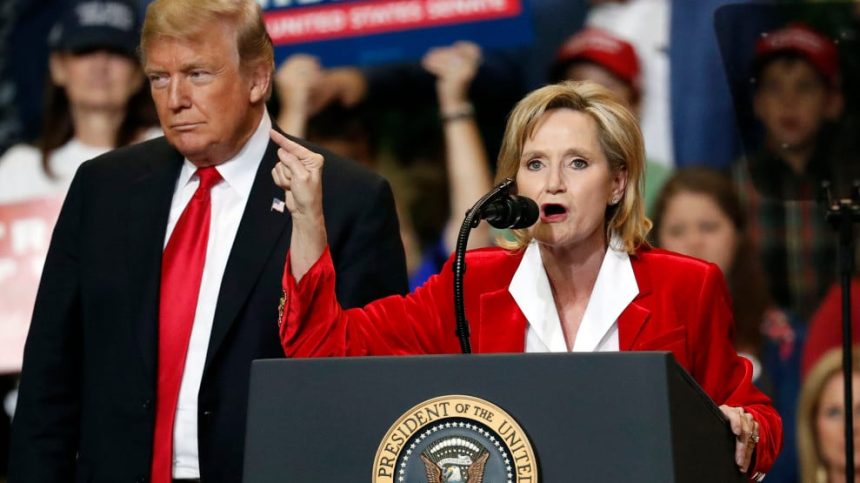A bill in the United States Senate called the State and Municipal Assistance for Recovery and Transition (SMART) Act could provide $500 billion to state, local, and tribal governments, and Senator Cindy Hyde-Smith thinks the bill’s acronym is more than fitting.
“It is a smart act, because we continue to hear from our counties, towns, municipalities, tribal communities,” Hyde-Smith said. “Basically, it is just a common sense, bipartisan bill to give direct help to the states, counties, and cities who need it. In the last phase of the COVID relief, it just was not addressed to these areas to the full capacity that it needed to be.”

Funds from the SMART Act would be used towards preventing layoffs, tax hikes and the interruption of services. Of the $500 billion, $16 billion would be given to tribal governments, and $484 billion would be distributed among the fifty states, the District of Columbia, and Puerto Rico.
The money will be disbursed through three batches. Each state is guaranteed $2 billion from the first two batches, while the third batch will be based on total losses in revenue.
“Every state would receive a minimum of 2 billion [dollars] from the first two buckets there, in addition to the allocation from the third based on the revenue losses,” Hyde-Smith said. “The thing that I like about it [the bill] is, also, it provides flexibility, and it would be retroactive to moneys that the state already has.”
That flexibility will come from the removal of certain restrictions on previously passed stimulus bills such as the Coronavirus Aid, Relief, and Economic Security (CARES) Act, which Mississippi received $1.25 billion under. The CARES Act only allows municipal aid for places of 500,000 or more people. The SMART Act would do away with this threshold.
“That will free up a lot of flexibility there that they really, really need,” Hyde-Smith said. “I think we put together a really good plan.”
Even if the SMART Act does not make it through the Senate, Hyde-Smith has hope it will ultimately reappear in a larger bill.
“Hopefully, if it doesn’t go in as the SMART Act, it will be wrapped into a larger bill that is beneficial, that we agree upon,” Hyde-Smith said.
To watch the full interview with Hyde-Smith, click the video below.







